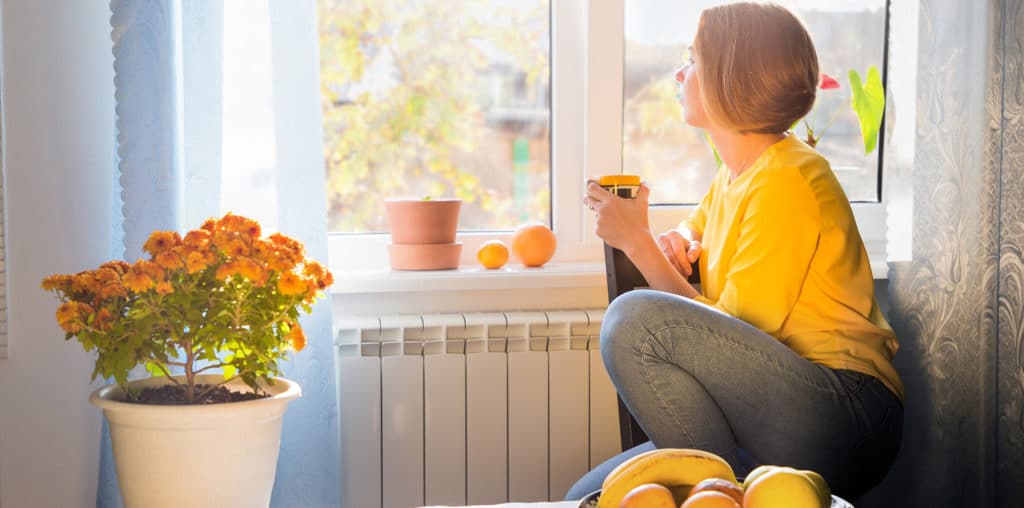Social isolation is a primary risk factor for developing suicidal thoughts and ideas. Clinicians have long understood the correlation between social isolation and suicidal ideation. Research shows that things like marital status, living situations, and loneliness all play a role in the suicidal ideation rise from isolation.1
The COVID-19 pandemic only made the problem worse. People noticed increasingly worrisome thoughts as they were forced to spend more time on their own. Suicide was one of the top nine leading causes of death for people ages 10-64 in 2020. It was the second leading cause of death among adolescents ages 10-14 and young adults ages 25-34.2
Why does suicidal ideation rise from isolation? How are the two connected? And what can someone who is struggling do to find help?
What is Social Isolation?
Everyone needs alone time now and then. Spending time alone is a great way to recharge and reconnect with yourself. It helps you feel relaxed and rejuvenated before going out into the world again. However, there is a notable difference between spending time by yourself and social isolation. Social isolation is different. People who experience social isolation spend more time alone than they want to. They crave interactions with others but can’t seem to connect with them. Socially isolated people often lack close friends, family members, or even coworkers. They tend to feel lonely, anxious, and depressed and may have low self-esteem.3What is Suicidal Ideation?
Suicidal ideation (SI) refers to thoughts, preoccupations, or wishes for death. This includes both passive SI (thoughts with no intent or plan) and active SI (thoughts with a desire and will). It covers a broad range of experiences, from people who fall asleep hoping to not wake up to those with a specific plan for an attempt. Some people with suicidal ideation may never follow through on their thoughts. Others may engage in self-harming behaviors with the hope that death occurs accidentally. And still, others have a desire and intent to carry out their suicidal ideation.Suicidal Ideation Rise From Isolation
Unwanted social isolation results in emotional isolation. This lack of interaction and connection causes people to feel alone in the world. They may feel anxious or depressed, or experience intrusive and alarming thoughts. These include thoughts such as no one noticing whether they’re gone or that the world would be better without them. Suicidal ideation rise from isolation is a serious concern. Even if SI remains passive, living with these intrusive thoughts is detrimental to mental well-being. If you or someone you love is dealing with suicidal ideation, help is available. Mental health treatment programs are a vital part of the recovery process. Pasadena Villa is a psychiatric treatment network offering high-quality, individualized programs for adults living with mental illness. Whether you’ve sought treatment in the past or have never reached out before, we’re here to help. We determine and provide a comprehensive approach to mental health treatment based on your needs. No matter where you are in life, you never have to feel alone again. Pasadena Villa is here to help you every step of the way. Please connect with us at (407) 565-8942 or fill out our contact form today to learn more about our programs and find the right path for you! References- National Library of Medicine. (2019). Suicidal thoughts and behaviors and social isolation.
- Centers for Disease Control and Prevention. (2021). Facts About Suicide.
- Tulane University. (2020). Understanding the Effects of Social Isolation on Mental Health





